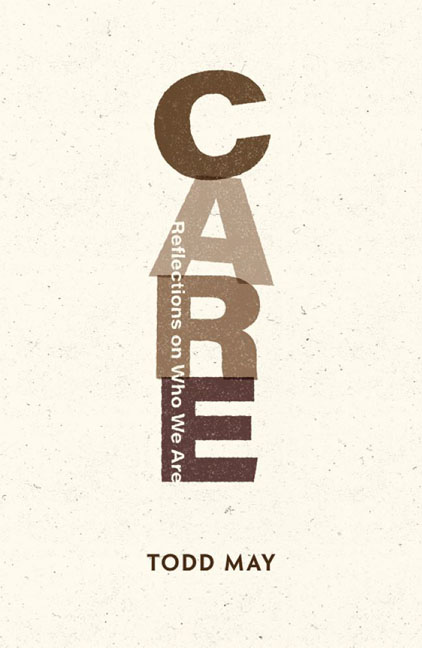2 - Care ethics
Published online by Cambridge University Press: 23 January 2024
Summary
A CHALLENGE TO TRADITIONAL MORAL THEORY
In the 1960s and 1970s, the field of moral development in psychology was dominated by a single figure. Lawrence Kohlberg, who might even be considered one of the founders of the field, constructed a scale of human moral development that was taken to be the model for understanding the evolution of a person's moral maturity.
His approach was to offer a three-level scale of development, where each level was divided into two stages. The first level is that of pre-conventional morality. At this level there is nothing we would recognize as a moral code. The first stage in this level is that of avoiding punishment. If the child does the right thing, it's simply to avoid whatever penalty their family happens to mete out for behavioural violations: room time, dessert withdrawal, loud rebukes, or some creative means of making the kid feel crappy for having done the wrong thing. This is followed by a second stage in which the goal is not avoiding punishment but gaining praise or some sort of other reward. It's still self-interested, but now the motivation is positive rather than negative. It's about acquiring a good rather than avoiding a loss: candy as opposed to time-out.
Conventional morality is the next level. Here's where most people end up, since they can't or at least don't rise to the level of post-conventional morality. The first stage in this level is interpersonal concordance. Here the goal is the moral approval of others, but it's limited to surrounding others – family and friends, mostly. In this period, the child conforms to the morality of those around them and does so to foster and nourish the connection with those with whom they are in contact. What matters is the local social bond rather than any overarching principles. From there, the person graduates to the fourth stage, that of law and order. Here there is a sense of right and wrong above and beyond personal relationships, but it's a rigid code that doesn't allow of nuance or exception.
- Type
- Chapter
- Information
- CareReflections on Who We Are, pp. 35 - 64Publisher: Agenda PublishingPrint publication year: 2023



